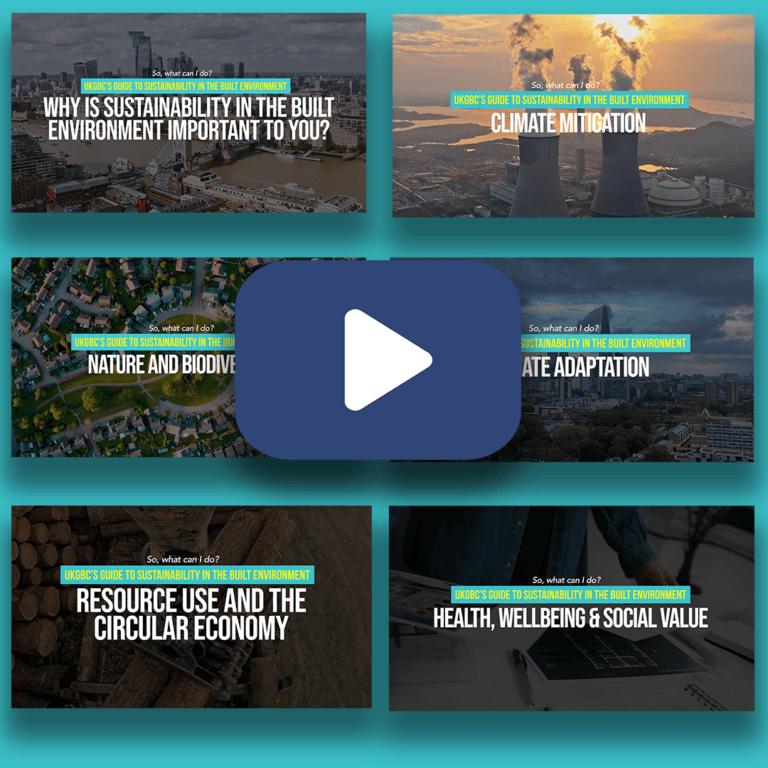Resource Use
A circular economy is an important part of the puzzle to solve the climate and nature crises. The built environment can play a major role in creating a thriving circular economy. In the UK, construction, demolition and excavation account for 60% of material use and waste generation. Meanwhile, prices of construction materials in the UK rose by 4.9% between 2017 and 2018. Adopting circular economy principles offers a €1.8 trillion opportunity to the EU between 2015 and 2030.
Resource use and the built environment
We have historically operated a linear economy. We take from the world around us huge quantities of resources, we use them, we make things with them, and we waste them. Over-extraction and under-utilisation of resources leads to excessive amounts of carbon emissions, the destruction of large swathes of the natural world, and unnecessary, avoidable waste.
To stand a chance of solving the interlinked climate and nature crises, we need to move to a new way of thinking, working, and delivery; a circular economy must be part of the equation.
Minimising the use of virgin resources, maximising the re-use of materials, refurbishing buildings rather than knocking down and re-building them, and retaining as much of a refurbished building…all play their part in protecting the world’s finite supplies.
The circular economy offers an opportunity for a wide variety of built environment stakeholders to both access low carbon materials in their local environment – supporting local economies and supply chains – and reconsider what building in the future may look like.
There have been notable efforts from industry pioneers in recent years. However, to drive the impact required, we need a change in the system, one which decouples economic growth from infinite resource extraction.

What does UKGBC do on resource use?
At UKGBC we address resource use in both our Climate Change Mitigation and Nature and Resilience programmes. Bringing a multitude of stakeholders together to collaborate on these huge transitional challenges and building reliable networks of pioneering industry professionals driving towards a circular economy is hugely important.
Leaders in the built environment have embraced reusing buildings and their components, minimising new build activity wherever possible, and retaining as much of existing buildings as possible when refurbishing.
At UKGBC we want to push this boundary so that system change is centre stage of the industry’s efforts. The shift from a linear economy to a circular economy is a considerable transition, one that requires concerted efforts from all parts of society and collaboration from across the industry.
This involves mainstreaming the issue, ensuring that the whole industry is on board with this intent to change. Similarly, we promote understanding across the sector as to why this topic is so crucial to its own fortunes and those of society overall. We also share guidance and solutions so that organisations can start to take practical steps and make a regenerative economy a reality.
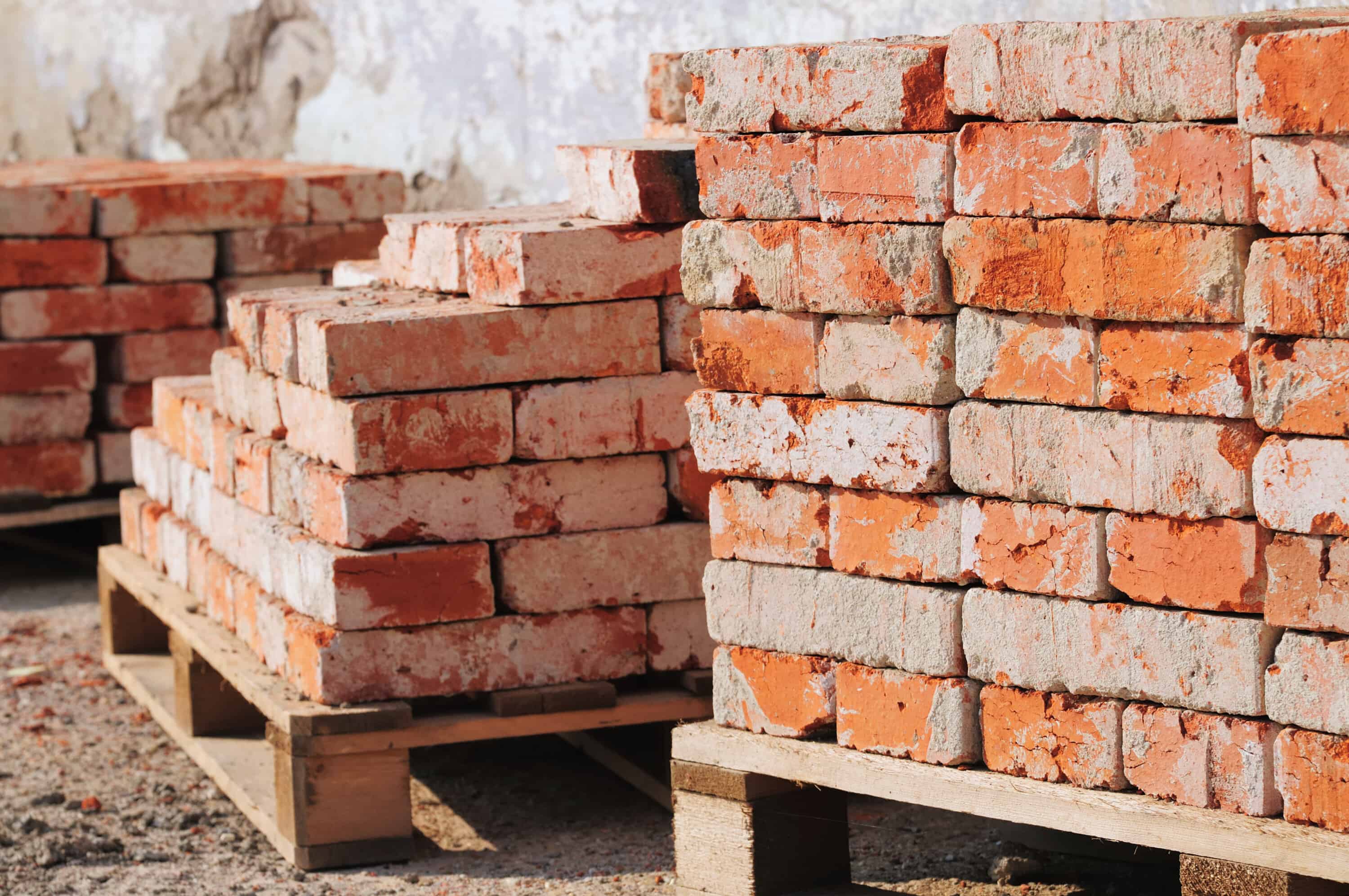
Events
UKGBC at Futurebuild 2025
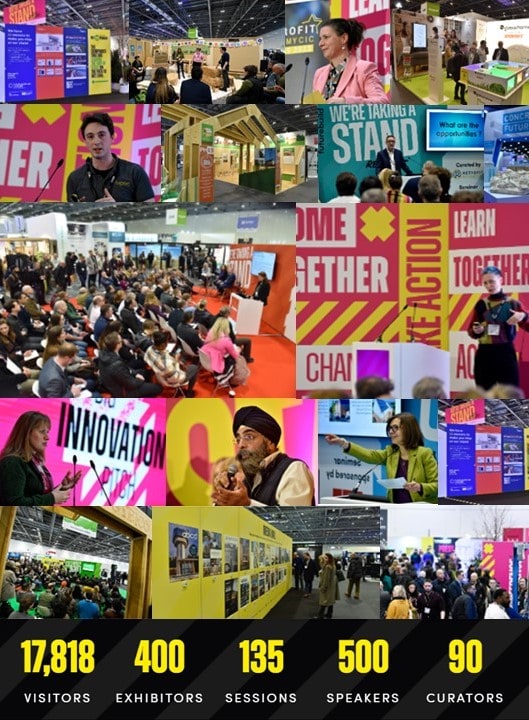
UKGBC Sustainability Essentials for the Built Environment email course

Innovation Showcase – Materials Passports
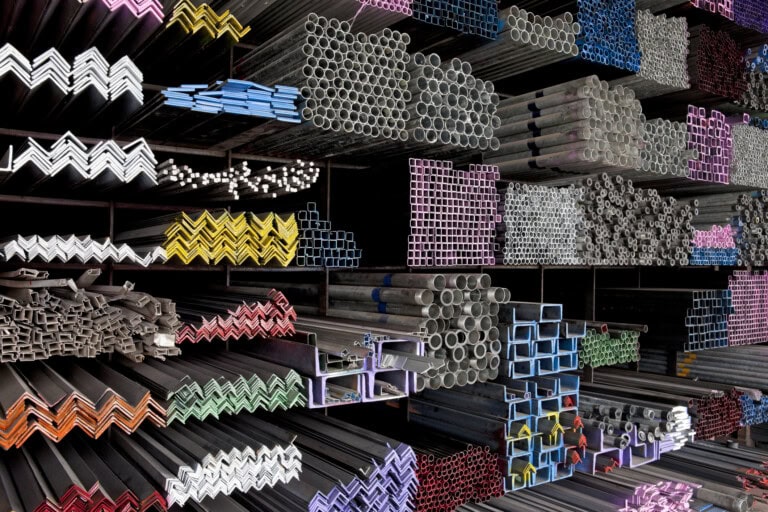
Collaboration Café – Nature Positive Built Environment

Advancing Net Zero Partners
Our Resource Use work is made possible due to the generous support of our Advancing Net Zero Programme Partners









Resilience & Nature Partners
Our Resource Use work is supported by our Resilience & Nature Partners





Blogs
EPDs and Materials Passports in Circular Construction

What are Material Passports and what are the benefits of using them?

What are the environmental impacts of construction materials? An introduction to Embodied Ecological Impacts
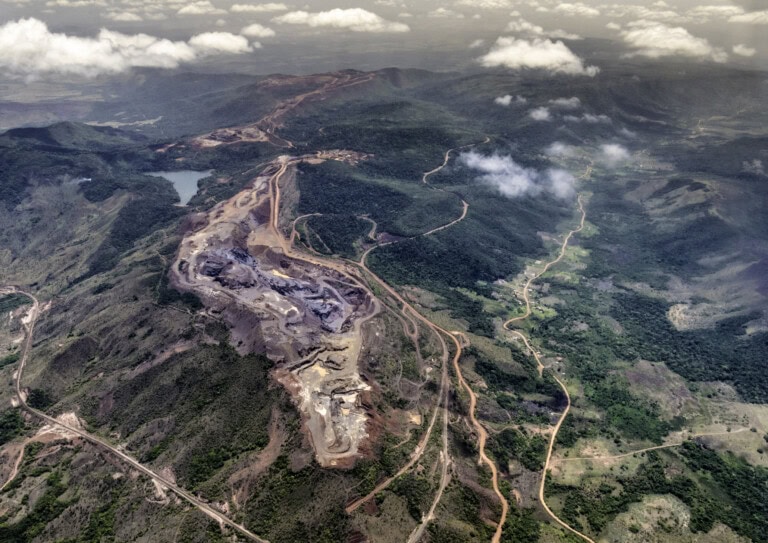
What does it mean to be 100% circular? Metrics, Benchmarks and Indicators for the Circular Economy

All Resource Use Resources
Construction products reform Consultation Response
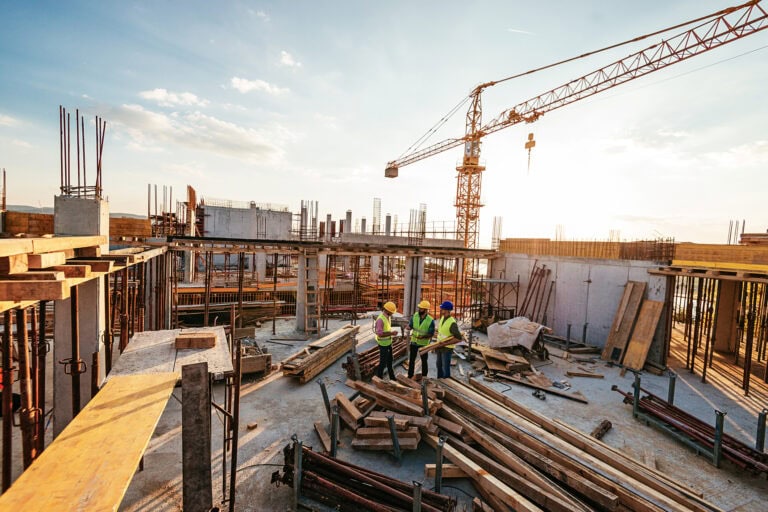
Cloud-based platform to bridge the performance gap between design and operation

Fully wired digital building control

Low-Carbon Roof Extensions to Existing Buildings

Materials Passports Platforms

Collated guidance for reducing carbon in buildings

Materials Passports

Trends in Sustainable Solutions for the Built Environment – Reflecting on 2024

Intelligent building vibration reduction system

End Cat A Lighting Waste Campaign
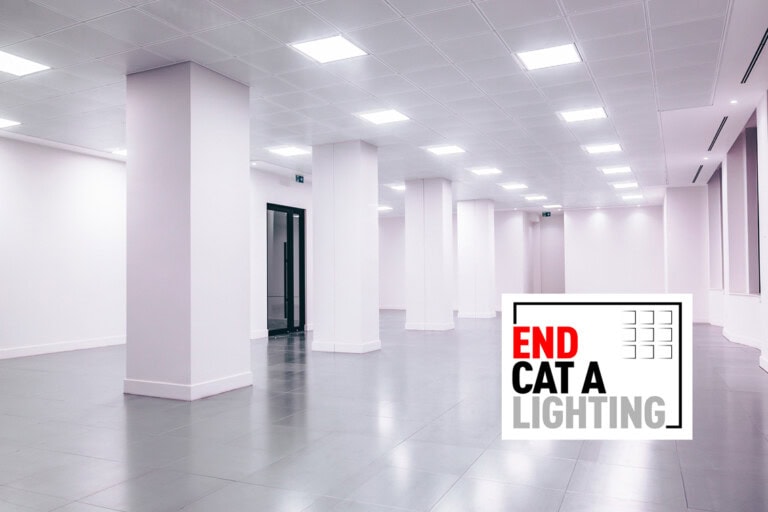
Bitesize Learning

Sustainability Shorts
